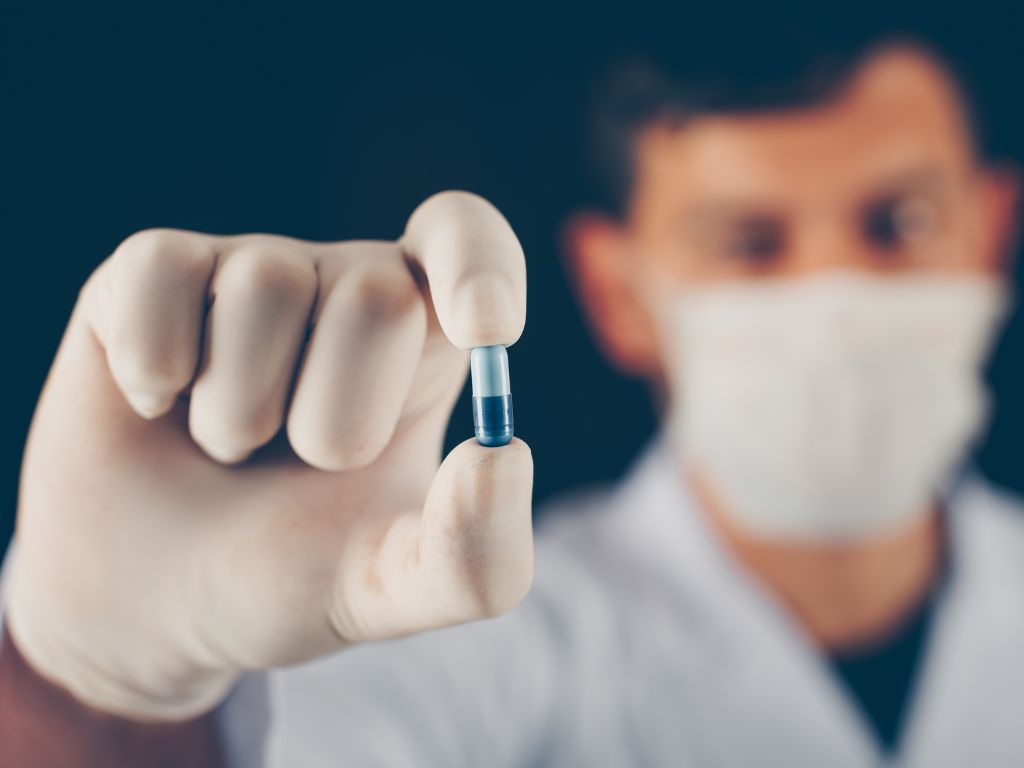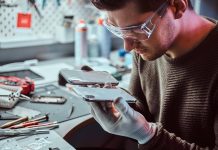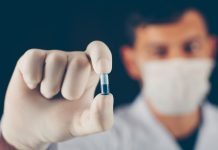Did you know that there is a Vinted for scientists and laboratory equipment?

The UK’s Department for Science, Innovation and Technology (DSIT) has announced a £13.9 billion investment in transformational research and development over the next year. While the US is withdrawing and significantly reducing the budget for research and development, the UK and other countries have also felt an opportunity to position themselves as leaders in the bio sector. DSIT funds are focused on key areas such as life sciences, green energy, engineering and space technologies, with the aim of improving the quality of life, technological progress and economic growth.
What the investment entails
DSIT plans to distribute funding to projects with a high potential for social and economic impact. Investments include the development of medical innovations, such as blood tests for the early detection of dementia, as well as large-scale infrastructure projects such as the world’s most advanced wind turbine test center. The increased funding also strengthens the fight against antimicrobial resistance, the energy transition, climate modelling and the UK’s space capabilities.
A significant portion of the funding will go to UK Research and Innovation (UKRI), the national research funding agency, which will administer £8.8 billion to support universities, institutes and innovators.
Economic and social impacts
The investments are expected to contribute significantly to job creation, start-ups and attracting private investment. Public funds in research and development have multiple returns, as they increase the competitiveness of the scientific community and provide access to advanced technologies.
The increased investment will also contribute to the accessibility of research infrastructure to the wider community and help the UK maintain its status as a scientific and innovation superpower. At a time when other countries are cutting budgets significantly, there is also the possibility of attracting larger corporations from the bio-industry to the UK. Science cannot last long without funding and investment, so many stakeholders in the bio-sector will have to make some strategically important decisions in the near future.
Vinted life science equipment
Vinted is no longer just for clothing, recently there is also a Vinted solution for laboratory equipment. The new recommerce platform, wasteless.bio, allows researchers, startups and institutions to buy and sell used but unused laboratory equipment through a digital platform. This platform provides access to high-quality resources at significantly lower prices compared to new products, thereby reducing research costs and encouraging more efficient use of funds.
Wasteless plays an important role in the circular scientific economy – it enables the reuse of surplus equipment, thus reducing waste and the need for new production. This is especially important for young companies and laboratories that do not have access to budgets but want to participate in cutting-edge research projects. It is these small laboratories that this platform provides the opportunity for an initial reduction in accessible operational costs, which can attract investors in the long run and prove to them that the new product is worth long-term and additional financing.
The £13.9 billion investment represents a milestone for the British scientific community and economy. It enables the accelerated development of innovations that can bring concrete benefits to society, while solutions such as Wasteless.bio ensure that this development is sustainable, affordable and evenly distributed. The combination of strategic public investment and smart technology solutions empowers the scientific community and lays the foundations for stronger, more sustainable progress.
HedgeThink.com is the fund industry’s leading news, research and analysis source for individual and institutional accredited investors and professionals


































